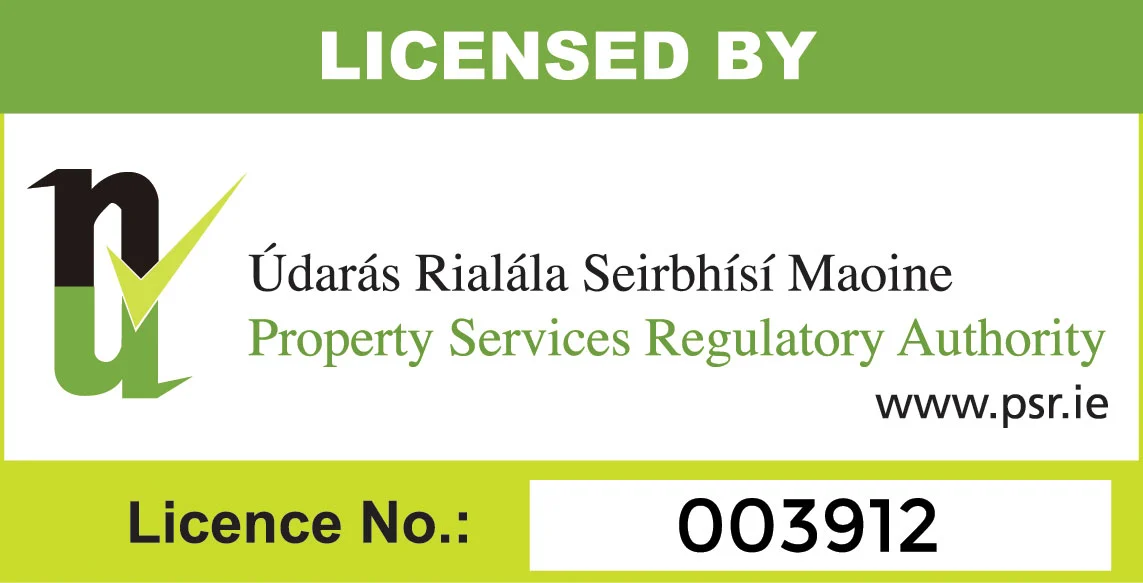
Mortgage Exemptions / Exceptions Explained & How to Get a Mortgage Exemption
From time to time, you might hear about exemptions and exceptions when it comes to mortgages. What do they mean? Well, essentially, mortgage exceptions and exemptions are the same thing. The Central Bank of Ireland rules state that mortgage lenders should only lend a buyer 3.5 times their income and the borrower must have access to a 10% deposit. Exemptions allow these mortgage providers to step outside the rigidity of the Central Bank guidelines. At the start of every year, mortgage providers have a certain number of exemptions that they can use; recently it’s been that 20% of mortgages for first time buyers can be above this cap. As of 2021, they can carry forward any unused exemptions - this is good news for mortgage applicants.
There are Two Types of Mortgage Exemptions:
1. Loan to Income Exemption (LTI Exemption)
This exemption allows the mortgage provider to offer buyers up to 4.5 times their salary. It should be noted that in any one calendar year, one in five of mortgages that lending institutions give out to first time buyers can be in this segment. For non first time buyers, mortgage providers can only approve one in ten mortgages at the higher 4.5 times limit.
2. Loan to Value Exemption (LTV Exemption)
Typically, a non first time buyer will be required to have at least a 20% deposit on hand which means they are eligible for an 80% loan to value mortgage. Exemptions are available such that lending institutions can issue higher LTV loans, up to 90%, to non first time buyers. A maximum of 10% of non first time buyers can avail of LTV or LTI exemptions.You cannot get both an LTI exemption and an LTV exemption at the same time.
How Do You Get an Exemption?
This is a common query of course but it really depends on the lender so at your first opportunity, speak with your mortgage broker / lending institution about the possibilities of an exemption. Most lenders will only consider a decision on an exemption when you have a specific property in mind. Some lenders have specific criteria that you have to meet in order to be considered for an exemption while others deal with them on a case by case basis. Some lenders have exemptions available all throughout the year, some don’t offer any exemptions at present and some have limited availability of exemptions throughout the year.
Criteria Typically Used to Consider Your Eligibility for an Exemption / Exception:
- Repayment Capacity
You will need to display an ability to afford repayments and even “stressed” repayments (to allow for possible mortgage interest rate increases). You can use our mortgage calculator to see what your repayments would be. Take the monthly amount and multiply it by 1.3. For example, if your mortgage repayments will be €1400 per month, €1400 x 1.3 = €1820 - that’s your stress test amount. As part of your goal of getting an exemption, aim to save that amount for six months in advance of your mortgage application. This can be a combination of your rent plus savings - you just want to show the lender of your capability of saving / repaying that amount each month.
- Net Disposable Income
This is the amount of money that you have left over after paying your taxes. Lenders will want to see how much you’re then spending on credit cards, childcare costs, overdrafts and so on; they generally won’t want to see you spending beyond 40-50% of your disposable income on your debts.
- Good Credit History
You will be aiming to have a good credit history as part of your mortgage application but it goes without saying that to be eligible for an exemption, you should have a clean credit history for at least five years. You can get a free credit report from the Central Bank operated website Central Credit Register
- Employment
Lenders like their applicants to be in the same job for at least a year and most won’t accept your application if you’re still in a probationary period. If you’re self-employed, depending on the lender, you will need to submit at least two years of accounts.
- General Financial Health
Lenders will pick up on regular payments to gambling companies and will see them as a red flag. Also, be mindful that regularly going into your overdraft will be another issue for them.
We have another guide that might be helpful depending on what stage you’re at but if you’re a first time buyer, you will want to read this guide.
 Marketplace
Marketplace
